World Sleep Day: technology to help you drift off and sleep more deeply

March 19 is World Sleep Day, and to mark the occasion we've rounded up a selection of the best tech that will help you get a better night's sleep – and wake up naturally feeling well rested.
During the pandemic, people around the world have reported increased trouble sleeping, with studies from the UK, Italy, Greece and China all reporting the same thing: it's tough to rest right now. Whether it's work-life turmoil, lack of routine, or just plain old stress, there are lots of reasons why you might be struggling to get a proper night's sleep.
We can't guarantee that the tech here will solve the problem for you, but we've tested almost every gadget here ourselves, and have found that they really can make a difference. Whether it's blocking out distracting sounds, getting you into the right frame of mind, or helping you develop better sleep hygiene, they're well worth a look if you've found yourself lying staring at the ceiling lately.
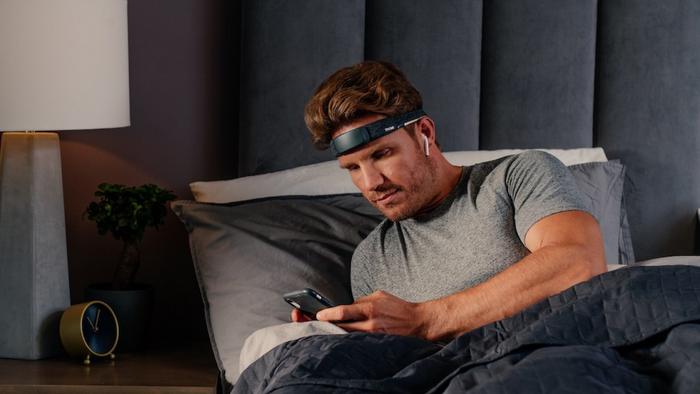
Muse S
Wind down with soothing sounds and spoken-word 'journeys'
The Muse S is a soft, adjustable headband with sensors that detect your brain activity and heart rate through your skin, while an accelerometer in the center of your forehead picks up movement. This data is transmitted via Bluetooth to the Muse app on your phone.
During the day, the Muse S helps you learn the basics of meditation with guided sessions that provide feedback on your performance. If your mind starts to wander, your heart rate picks up, or you begin to fidget, audio cues like heavier rainfall will help you get back on track.
At night, the mobile app will lull you to sleep with gentle nature sounds, music effects, or spoken stories. Once you've nodded off, the headband will continue to track your heart rate and movement so you can review how well you slept in the morning.
Sign up for breaking news, reviews, opinion, top tech deals, and more.
In our tests, we found that wearing a device on your forehead takes some getting used to, but unlike a watch, its unusual design means the Muse S is able to determine how many time you rolled over, and how much time you spend on each side. The meditation tools are great as well, and a good way to include bite-sized mindfulness sessions in your day.
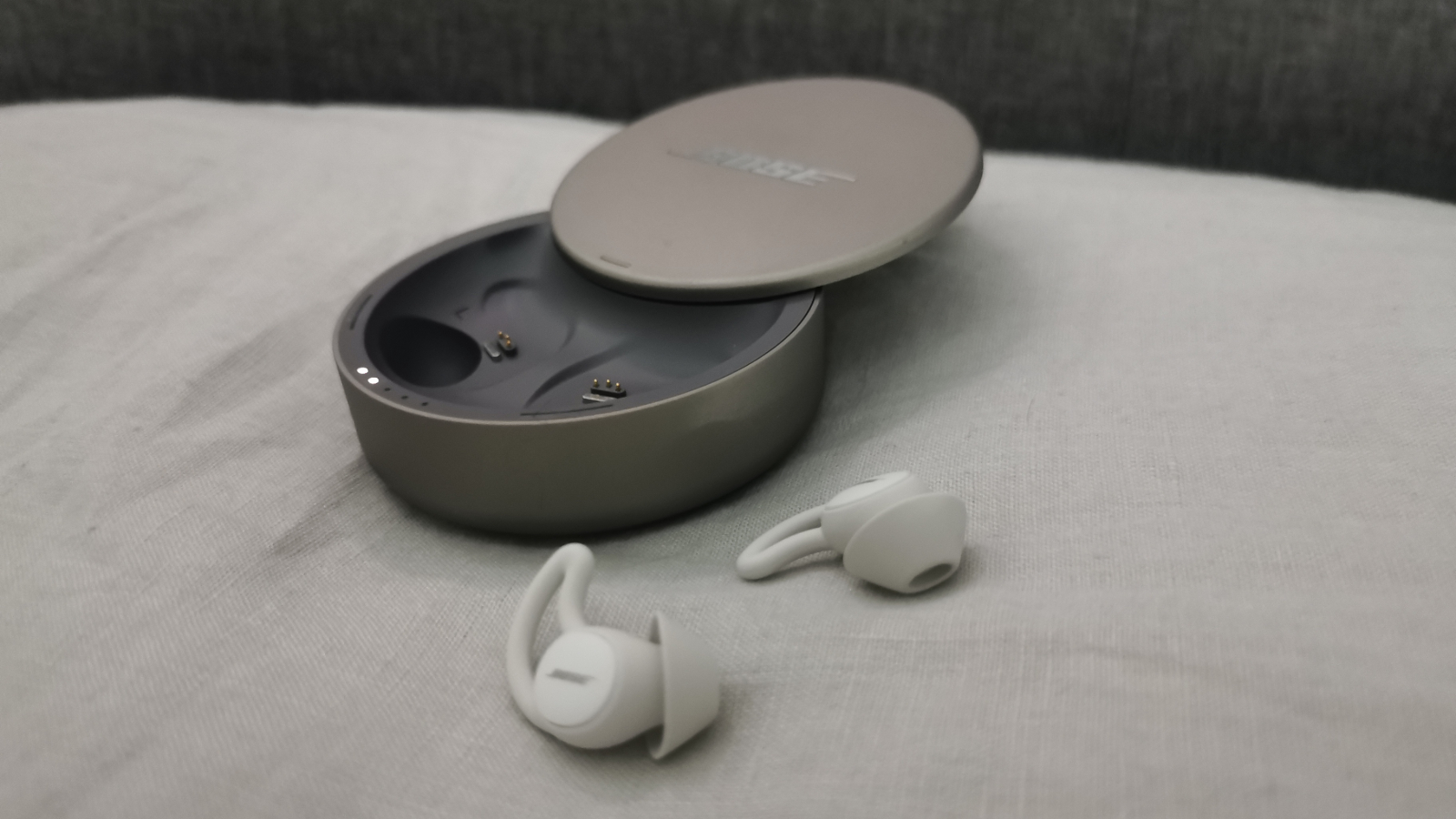
Bose Sleepbuds II
Drift off to gentle sounds and block out distracting background noise
The Bose Sleepbuds II aren't regular wireless headphones, and won't be competing with Apple AirPods for space in your ears during a workout. Instead, they're designed to help get you in the mood for sleep with relaxing sounds, and blocking out external distractions.
When we reviewed the second-gen Sleepbuds, we found them exceptionally comfortable thanks to their soft, springy silicone tips that hold them securely in place. They're lightweight and delicate too, and even side-sleepers will find them unobtrusive at night.
Battery life is impressive too, and you can expect to get four nights of use in between charges. The main downside is that they're pretty pricey, but if you often have a hard time drifting off at night, it might be a cost that you can justify.
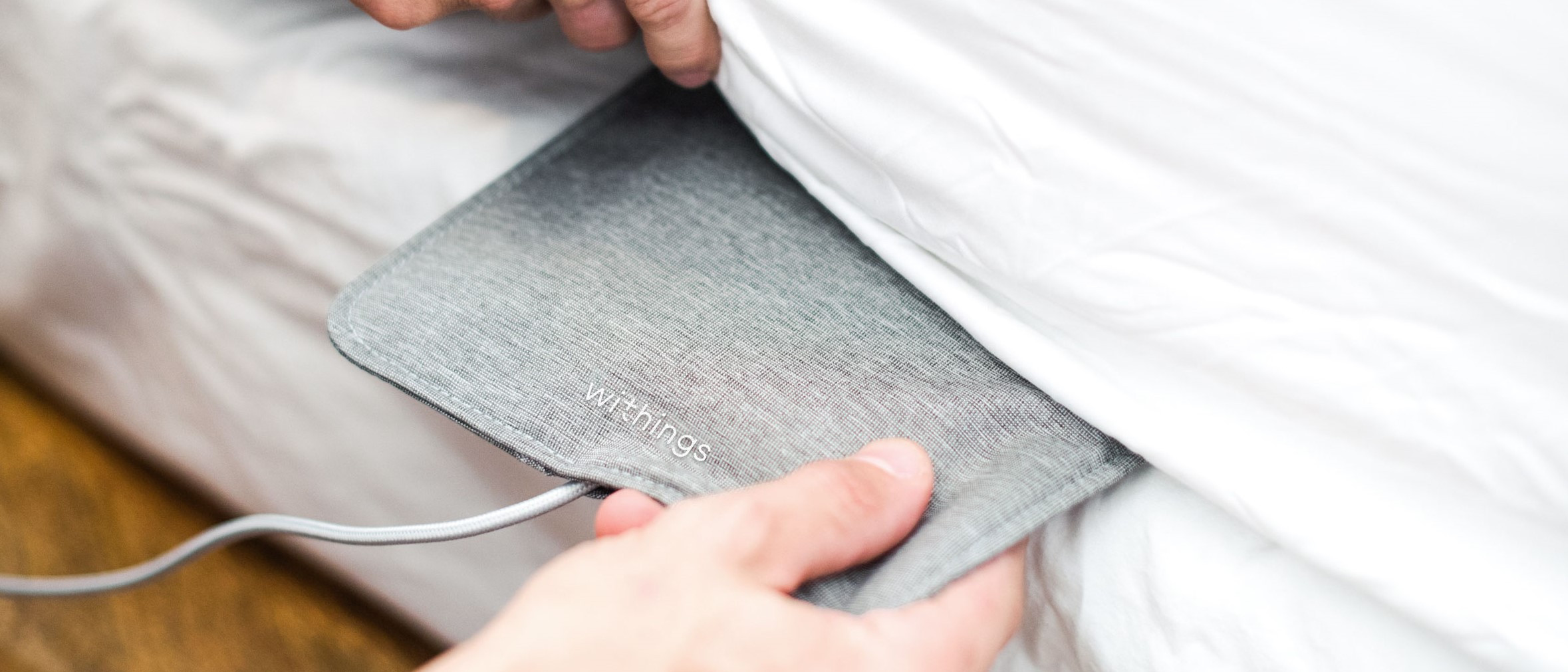
Withings Sleep Analyzer
Monitor your sleep from under your mattress, no watch needed
Most sleep trackers require you to wear something overnight (whether it's a ring, headband or watch), but the Withings Sleep Analyzer simply slips underneath your mattress so there's nothing extra to worry about. Just slide it into place, plug it in, configure it using the Withings app, and you can forget about it until the morning when it's time to check your sleep stats.
Despite being underneath your mattress, where you'll never feel it, the thin mat is able to detect your heart rate and movement all night, and gives detailed results (including sleep stages) that we found closely matched those from more conventional sleep trackers.
We were very impressed by its set-and-forget design, and provided you have an electric outlet within reach of your bed, the Sleep Analyzer is the easiest way to track your sleep every night.
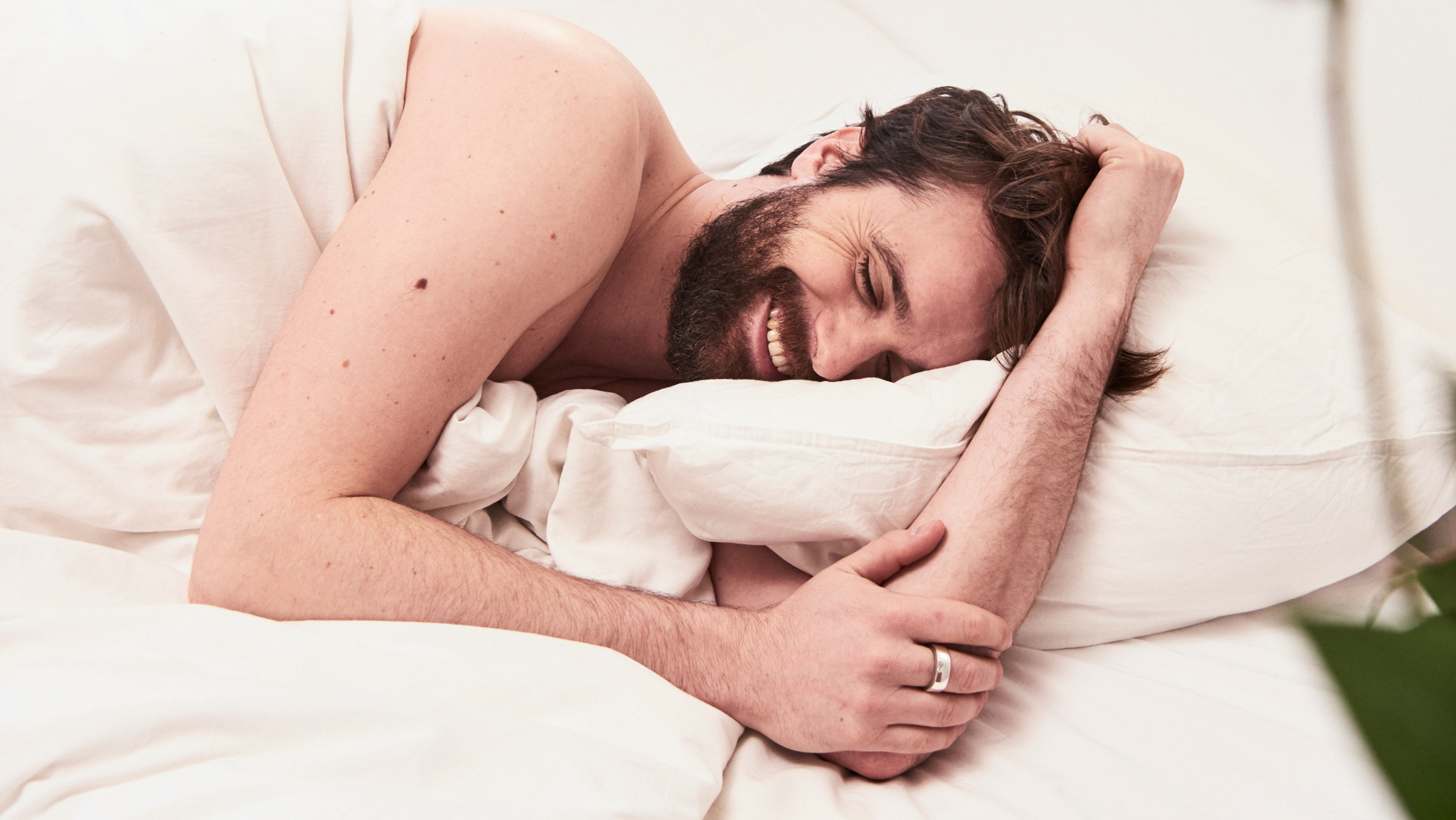
Oura Ring
A tiny wearable to track your wellbeing overnight
Another unusual wearable, the Oura Ring slips onto your finger, and although it takes measurements 24 hours a day, it's particularly useful at night. The ring is lined with sensors that take heart rate readings from your digital arteries and measure temperature, while motion sensors detect steps and activity level.
After you settle down at night, the Oura Ring detects your resting heart rate, heart rate variability, body temperature, sleep stages, and movement. Open up the Oura app and you'll see all these metrics clearly presented, along with a rating of your overall sleep quality.
It makes for very interesting reading, and you can use it to determine the factors that lead to a better or worse night's sleep. Do you rest better after a workout, for example, or if you have dinner earlier? Does hitting the sack at a certain time result in deeper sleep, and does it help to unwind with a little reading or just to close your eyes as soon as possible?
The ring is smaller and less obtrusive than a watch, and if you don't mind checking stats on your phone during the day (there's no tiny display on the device itself), it's an interesting alternative to traditional fitness trackers.
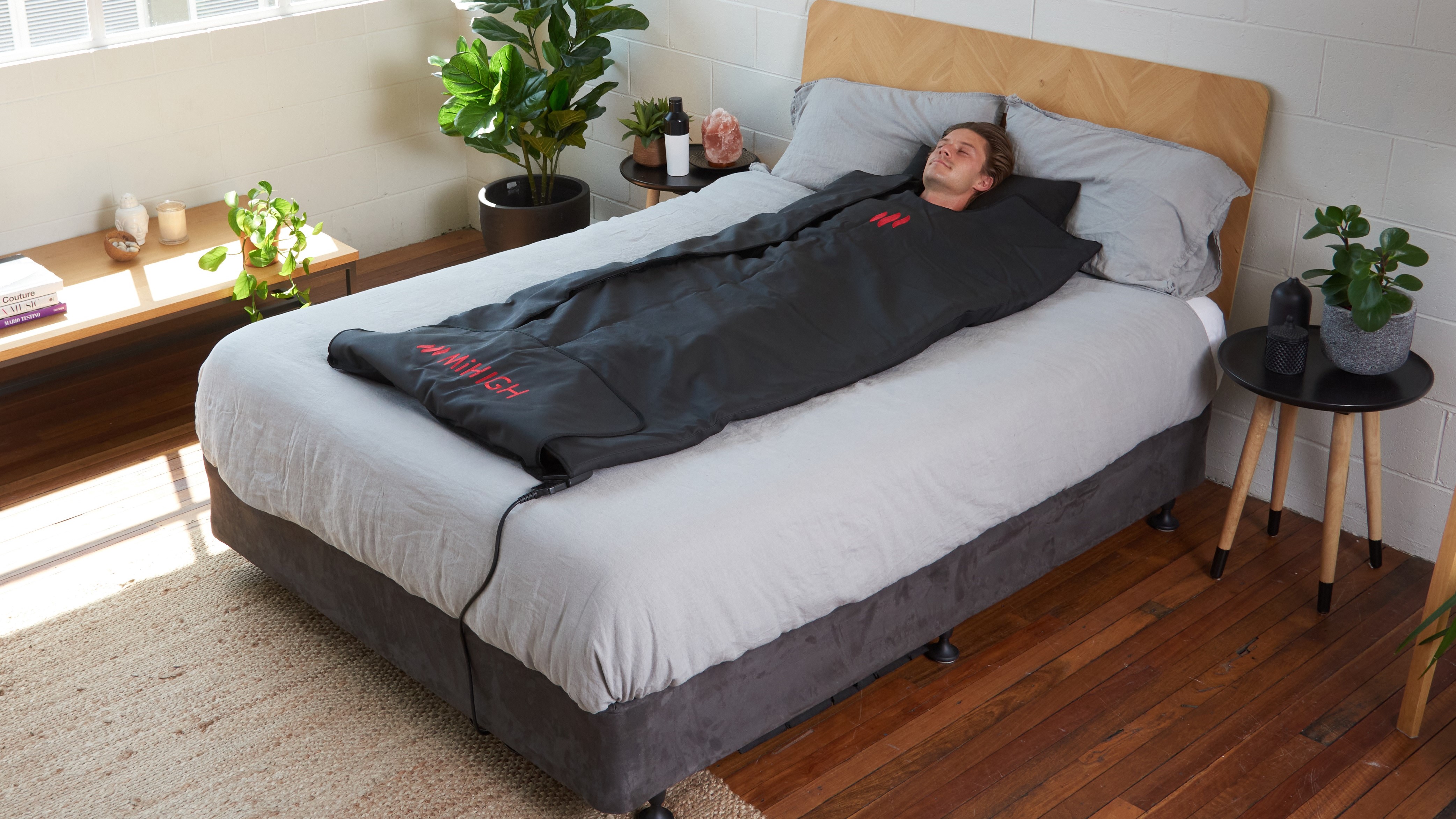
MiHigh Infrared Sauna Blanket
Settle down on your bed and enjoy your own personal sauna
The MiHigh Sauna Blanket is best used on your bed, but not at night. As the name suggests, it's essentially a miniature sauna that lets you enjoy the benefits of heat therapy at home.
Plug in the blanket, climb in (wearing long-sleeved workout clothes and socks), and after a few minutes the infrared blanket will get you sweating. We're a little skeptical about the company's claims about detoxification, but it should certainly help your blood vessels dilate and increase circulation. That's particularly helpful for reducing DOMS (delayed-onset muscle soreness) after a tough workout.
It just feels good too, and hopping into the shower afterwards should leave you feeling calm and ready to sleep. The blanket's water-tight design and hydrophobic coating mean it's easy to clean and dry afterwards, so you'll be ready to hop into bed before the cozy feeling wears off.
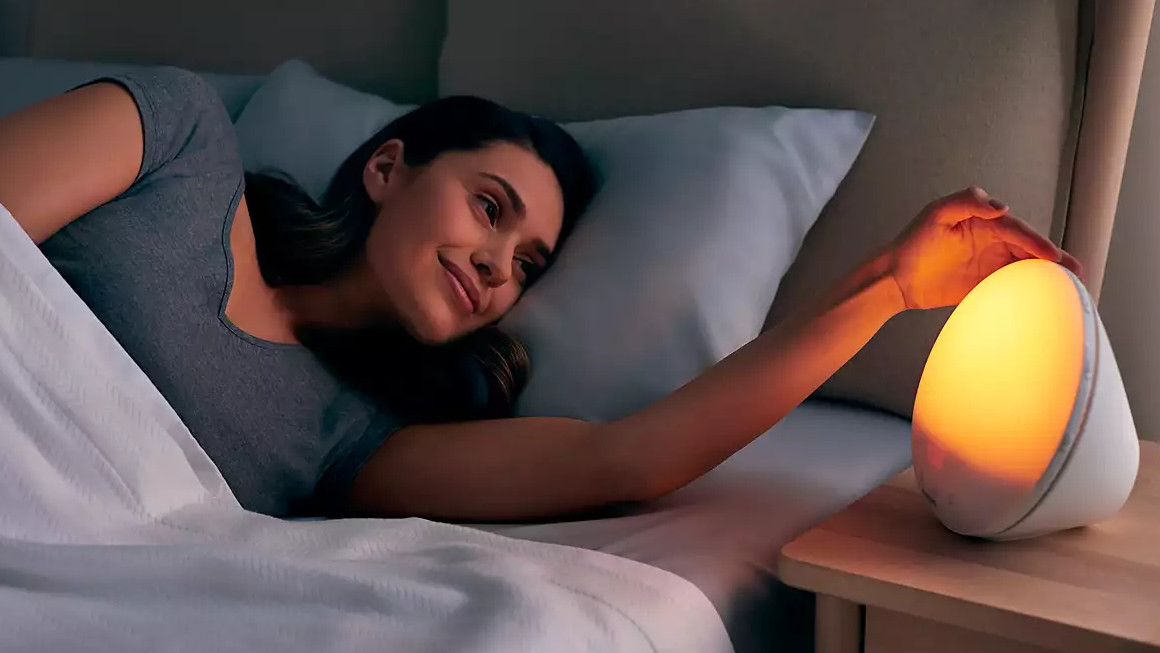
Philips SmartSleep Wake-Up Light
Wake gently to a simulated sunrise rather than a blaring alarm
Being dragged out of sleep by your phone isn't a particularly pleasant experience, no matter which jaunty tune you've chosen as an alarm. A wake-up light provides a much more gentle way to start your day, rousing you with illumination that gradually increases so you wake naturally rather than being shocked awake.
The Philips SmartSleep Wake-Up Light is one of the best on the market, rousing you gently with a simulated sunrise that gradually shifts from red to yellow light until your room is fully illuminated. You can also choose a natural sound to accompany the light, helping ensure you don't sleep through.
Cheaper wake-up lights exist, but we've found from experience that you get what you pay for. Unless you want to be jolted awake by a sudden glare in your face (accompanied by a repeating loop of robotic bird noises), it's worth investing a little more.
- On a budget? Check out our guide to the best cheap fitness trackers

Cat is TechRadar's Homes Editor specializing in kitchen appliances and smart home technology. She's been a tech journalist for 15 years, having worked on print magazines including PC Plus and PC Format, and is a Speciality Coffee Association (SCA) certified barista. Whether you want to invest in some smart lights or pick up a new espresso machine, she's the right person to help.